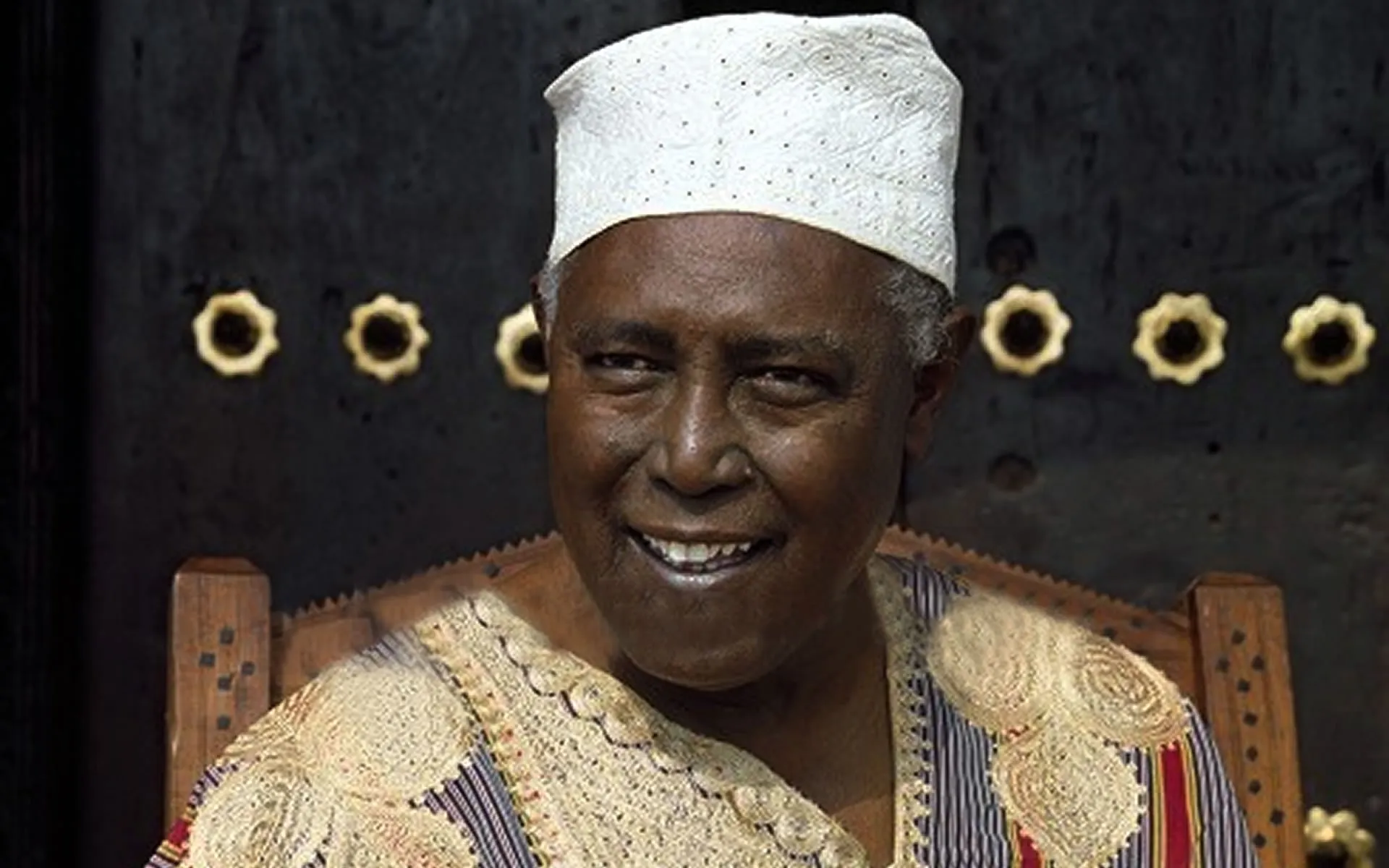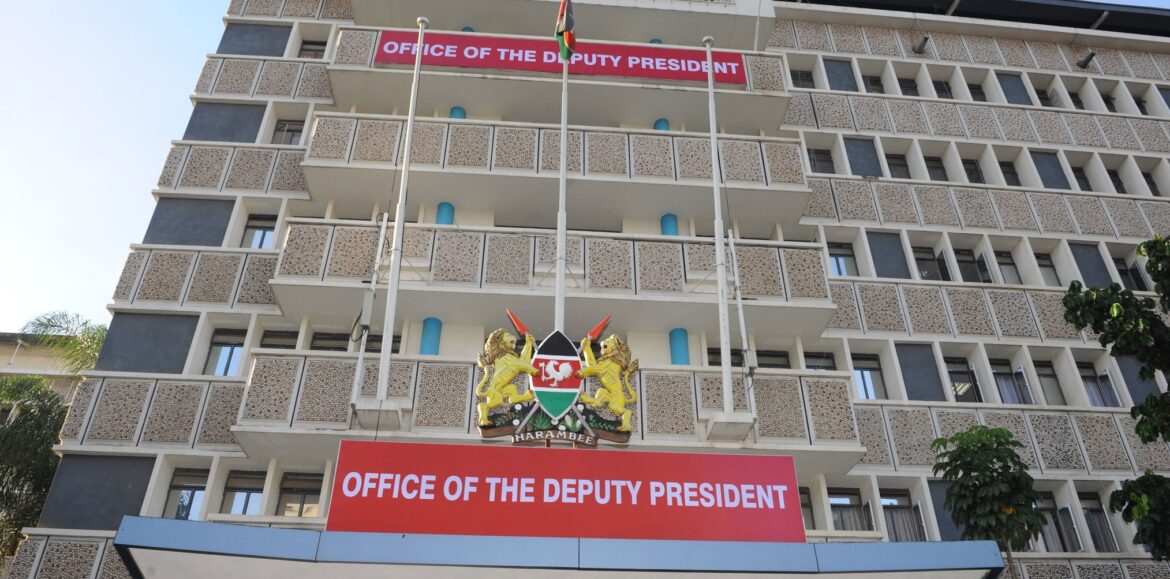Table of Contents
The role of a Deputy President (DP) or Vice President is one of the most critical in any country’s governance, serving as both a support to the sitting President and a potential successor.
Resignations of individuals holding these positions are often dramatic, with far-reaching political implications.
As speculation swirls around Kenya’s current Deputy President, Rigathi Gachagua, possibly resigning ahead of an anticipated impeachment debate in the National Assembly tomorrow, it is imperative to reflect on some historical instances where DPs or VPs have resigned, both in Kenya and internationally, to draw parallels and glean insights.
1. Jaramogi Oginga Odinga (Kenya, 1966)
Jaramogi Oginga Odinga Source: The Star/Facebook
Jaramogi Oginga Odinga was Kenya’s first Vice President under President Jomo Kenyatta from 1964 to 1966.
His resignation marked the first major political split in independent Kenya.
Odinga resigned after falling out with Kenyatta over ideological differences.
While Kenyatta leaned towards a capitalist approach to development, Odinga advocated for socialism, which he believed was better suited to addressing the needs of the majority poor.
Odinga’s resignation had profound implications, leading to the formation of the Kenya People’s Union (KPU), which served as a significant opposition party until its banning in 1969.
2. Joseph Murumbi (Kenya, 1967)

Former Vice President Joseph Murumbi Source: Citizen Digital/ Facebook
Joseph Murumbi was appointed Vice President after the resignation of Jaramogi Oginga Odinga. Murumbi’s tenure, however, was short-lived as he resigned after just one year in 1967, citing disillusionment with the political environment.
He felt betrayed by the same system he was supposed to support, and concerns over corruption and lack of a conducive atmosphere for genuine political reform led him to step down.
Murumbi’s resignation was relatively quiet compared to Odinga’s, but it nonetheless highlighted the growing divisions within the government.
After resigning, Murumbi retreated into private life and became an advocate for cultural preservation.
3. John Nance Garner (United States, 1941)
John Nance Garner served as the Vice President of the United States under President Franklin D. Roosevelt.
Initially a key supporter of Roosevelt’s New Deal, Garner became increasingly disillusioned with Roosevelt’s decision to run for an unprecedented third term.
Feeling sidelined and opposed to the expansion of executive power, Garner refused to be Roosevelt’s running mate for the third term and effectively resigned by not seeking re-election as Vice President in 1941.
Garner’s departure was symbolic of the ideological rifts within the Democratic Party at the time.
After stepping down, he retired to his ranch in Texas and played no further role in national politics.

Gachagua speaking during a church service in Karen on October 07 2024. Photo: Rigathi Gachagua Source: Facebook
As Deputy President Rigathi Gachagua’s potential resignation looms, the Kenyan political scene is rife with speculation.
While each resignation case mentioned above arose from unique circumstances from ideological disagreements and political disenchantment to legal challenges and public pressure they all share a common thread: they led to significant shifts in political power and realignments within the government.
Should Gachagua resign before the impeachment debate, it could set off a chain of political events with far-reaching implications for President William Ruto’s administration.
His resignation could potentially weaken the executive, create a power vacuum, and intensify political rivalries.



